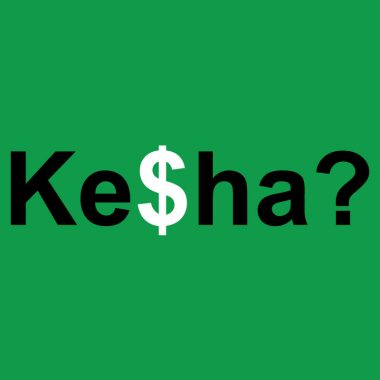Was Saussure wrong?
Welcome to the second installment in our series on Ferdinand de Saussure and the linguistic science of semiology. Now where were we? In the last post we discussed Saussure’s theory of the “sign” as a combination of the “signified” (the concept represented by a word) and the “signifier” (the spoken or written word doing the representing).


